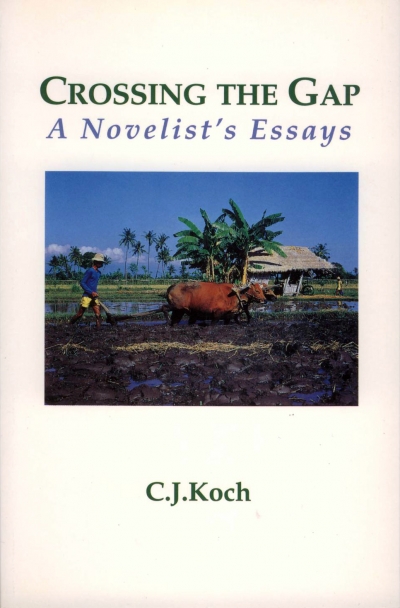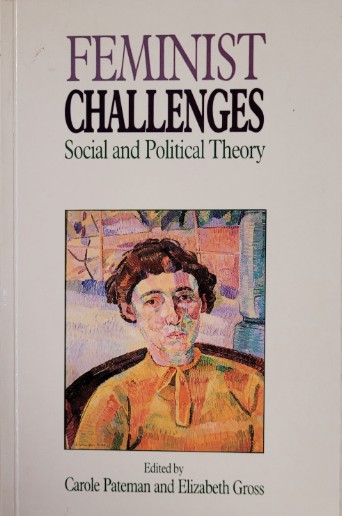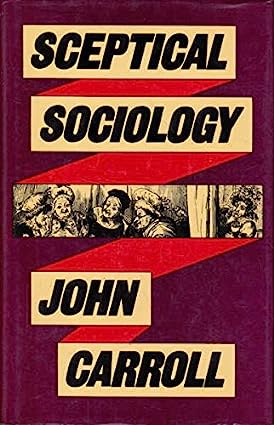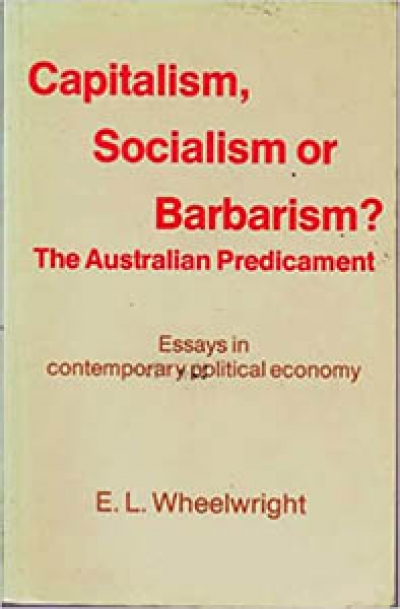Essay collections
Many of our strongest writers are also numbered among our most commanding critics; and in some cases – Dryden, Johnson, Coleridge, and Eliot – it is not easy to tell whether their greater contribution is to literature or literary criticism. Part of the problem, of course, is that at this high level the distinction tends to break down: criticism becomes literature in its own right and often on its own terms.
... (read more)Feminist Challenges: Social and Political Theory edited by Carole Pateman and Elizabeth Gross
Feminist Challenges: Social and Political Theory opens with a riddle:
... (read more)Room for Manoeuvre: Writings on history, politics, ideas and play edited by Leonie Sandercock and Stephen Murray-Smith
A joke told annually and publicly for fourteen years closes this collection of Ian Turner’s work. From 1965 to 1978, Turner delivered the Ron Barassi Memorial Lecture and so created the site of an imagined overlap between the more formal rituals of the intellectual culture and the rowdy world of spectatordom, the VFL, the most visible and familiar self-presentation of the popular. He fabricated this site for speaking ‘our’ culture by romping around it in careful pastiche.
... (read more)Sceptical Sociology is really a set of essays, some of them previously published, by the Reader in Sociology at La Trobe University. It contains a long introductory piece which gives the book its title, a concluding confession, and a number of vignettes which Carroll calls ‘stories’. The book as a whole is a display of the perversity of brilliance.
... (read more)Toil and Spin: Two directions in modern poetry by Chris Wallace-Crabbe
In a world which has lost its faith and its standards, the situation of the creative artist is both central and precarious. As Wallace-Crabbe sees it, he must stand inside and outside society at once, be both totally involved with himself and totally responsive to his society. While doing this, he must create not only his own audience but even his own language.
In this series of essays, Wallace-Crabbe explores this dilemma in the work of contemporary English-language poets ranging from Thomas Hardy to Elizabeth Bishop, and from W. H. Auden – ‘the good Christian practices light verse’ – to Robert Lowell and Ezra Pound. The essays both illuminate the work of the writers he discusses and contribute to our understanding of the crucial problem of contemporary culture.
... (read more)Capitalism, Socialism or Barbarism? The Australian Predicament: Essays on contemporary political economy by E.L. Wheelwright
Central to this collection of essays by Ted Wheelwright is the argument that orthodox economics is a positive hindrance to any real understanding of the problems of the last quarter of the twentieth century. A rebirth of the political economy is necessary to remove the stench (from the corpse of orthodox economics) that is polluting the social sciences.
Now, it is certainly true that orthodox economics (that is the economics taught in ninety-nine per cent of our Universities, practised by Treasuries around Australia and spiritual descendant of Adam Smith, sometimes modified by Keynes) casts little light on some of the most acute problems of our era – the coexistence of unemployment and inflation, the (Mal) distribution of income between classes, the persistence of poverty, the power of the multi-nationals, etc.
... (read more)






